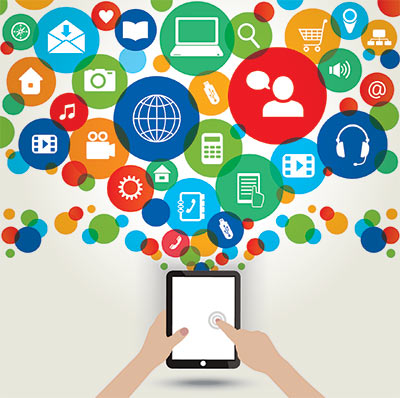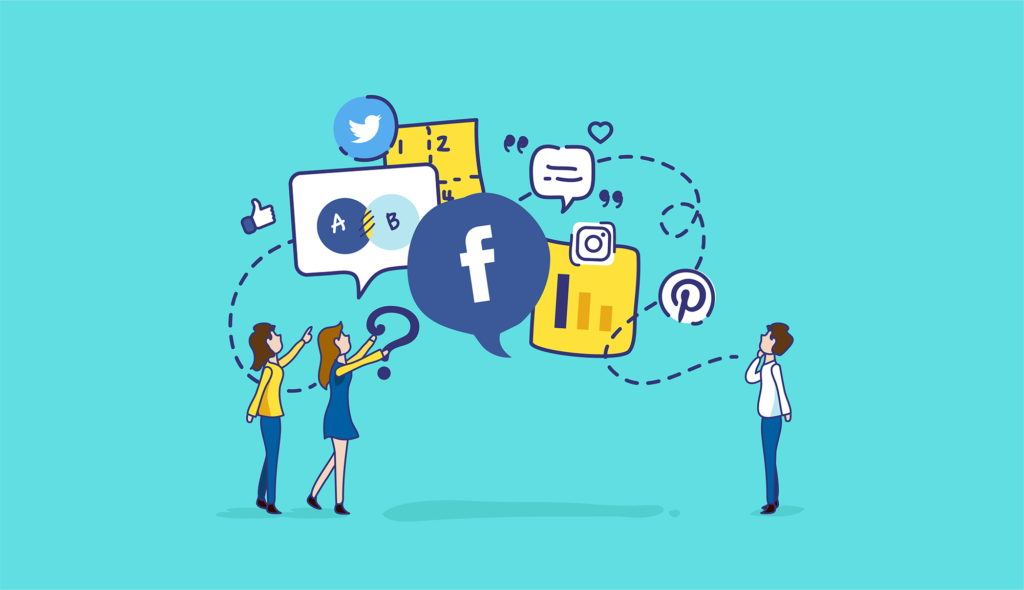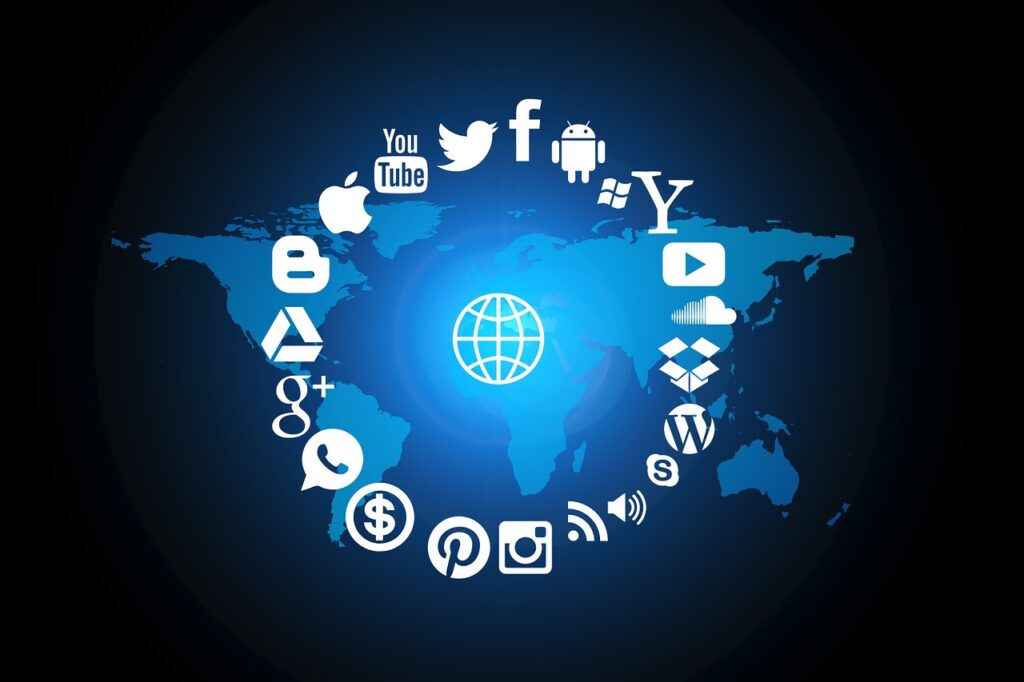
– What is a digital identity?
Eric Stoller explains it best that “your digital identity is sort of your footprint on the web, it’s this thing that is with you that is searchable, your body of work, your portfolio, your blog, your tweets, everything that you do on the web kind of represents your digital identity.” (Eric Stoller, 0:22, What is digital identity?). It is a reflection of yourself on the internet and is a product of what you have shaped. Google and social media apps gather your information and everything that you like, their algorithm is geared to understand what you like and put more of those pictures, videos, and even ads in front of you. Social media apps do this by the use of like buttons as well as share buttons, anything that engages the user triggers the algorithm to produce content similar to that. Your identity can be shaped by your interaction on these apps, these apps analyze the data and information we put in to understand our likes and dislikes. Your digital identity is a reflection of you because of the data you share with these applications.
– How do personal versus professional approaches to digital identity affect social media use?
Personal approaches to digital identity affects social media in a more comfortable way for the individual. Personal digital identity allows the user to have more freedom on what they post, like or share. The individual’s digital identity is usually a real reflection of the user. The personal approach is a more raw and natural way to use social media, as it is commonly used for personal use without having to act a certain way or post something they wouldn’t normally post. I have a personal Instagram and Twitter that I post my vacation or lifestyle pictures for my followers which are mainly my friends to see, I feel good sharing my life with them. Especially during Covid-19 where I haven’t seen them in a long time, it is a good platform to interact with the people I know. Although there is a freedom aspect to it, there are a set of unwritten rules that whoever seeks a professional career should follow. Individuals should understand that anything that is posted on the internet is there forever and that companies do background checks. Nowadays one mistake can ruin someone’s career or prevent them from getting into a professional career.
Professionality on social media is key if one wants to establish themselves in the professional world. It is a great way to showcase their portfolio and network. A professional approach to a digital identity is usually not the same as your personal identity, it is shaped and takes time to develop a well designed profile. It is more designed for others than yourself as it could potentially boost your career and future endeavours. A freelancer or social media influencer wouldn’t have the same approach to social media since the freelancer and influencer would be pushing their brand and products in the majority of their posts. Their approach is to use hashtags and get their account out there to be engaging and potentially push their brand.
– How do digital identities converge in networked publics – what are the impacts and/or benefits?
Digital identities show what type of person we are, the convergence within a networked public can allow us to make connections with those that like similar things as us creating bonds. But since it is a reflection of us it best to mind what we post and share to not offend anybody. Things such as sharing nudity, pornography, and insensitive memes or political views will reflect badly on your character. Posting irresponsible things such as your personal information on the internet could end up badly since there are many threats of scammers and hackers online. The impact of a digital identity is since it is a representation of the individual, it allows us to do things we couldn’t before. Online transactions are a big thing that is taking over our lives as it is made so easy. We are now able to pay for items with our phone, and all it requires is a quick scan of your face. This is a big step as technology evolves and this is all due to digital identities. But, on the other hand since all your bank and personal information is stored on the internet, it leaves you susceptible to a leak of your information, websites you sign up for sell your personal information leaving you at risk. Although there are plenty of benefits of digital identities, it comes at a cost of our safety and if we can understand and educate ourselves about the risks that come with it, we can maximize the benefits of it.
References:
Eric Stoller. “What is digital identity?”. YouTube, uploaded by University of Derby, 25 Nov 2016 of publication, https://www.youtube.com/watch?v=u0RryRbJza0&feature=youtu.be & 0:25.






Recent Comments